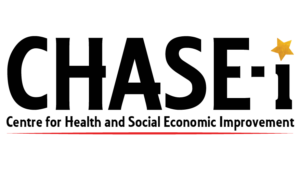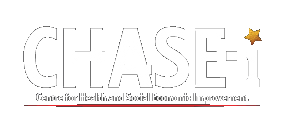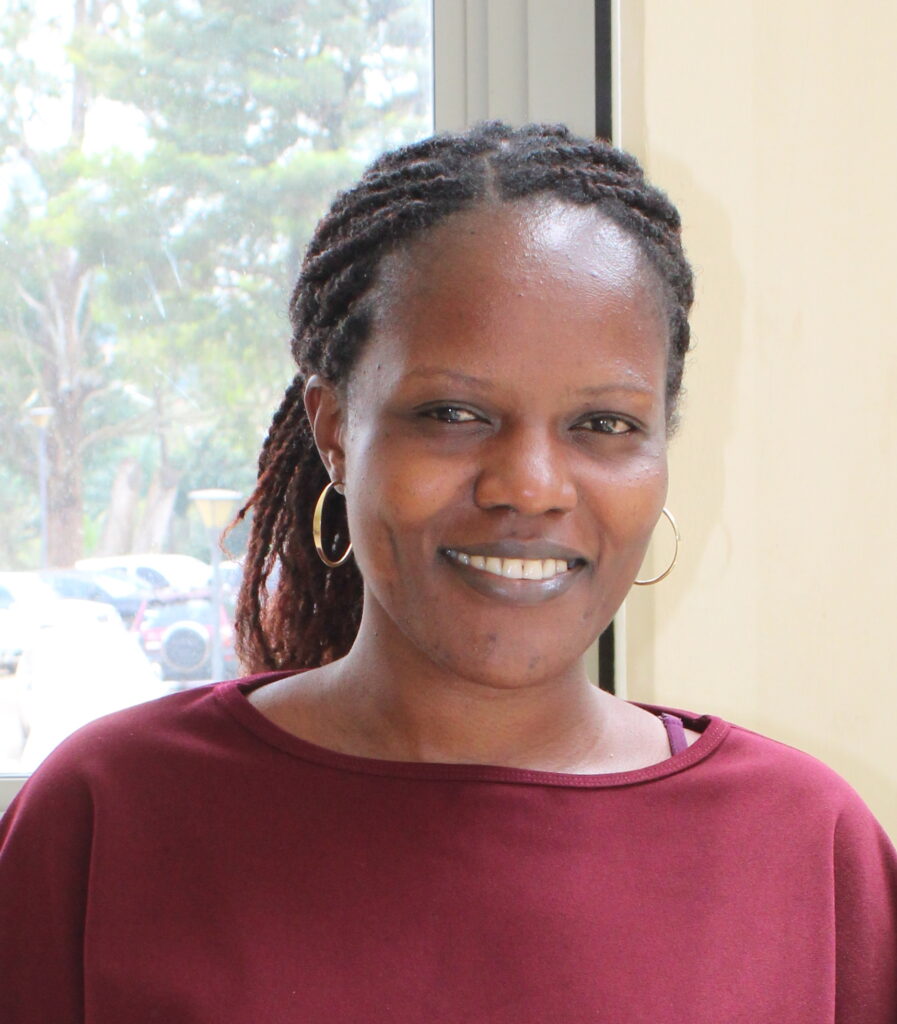The separate worlds of adults and children in COVID-19.
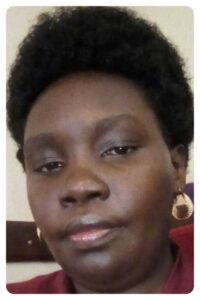
Betty Okot
- November 20, 2020
COVID-19 has flipped the world as we know it, on its head! With it, came new demands on how we should live. As a result, all sections of society, namely: women, children, the elderly and men are struggling to adapt and manage the shocks from the pandemic. Due to its globalised nature, refugees and all other groups caught up in humanitarian situations the world over, are no less vulnerable to the shocks unleashed by COVID-19 in the form of social restrictions on our everyday lives. Like host communities, refugees are also under enormous pressure to embrace this rather surreal new normal characterised by restrictions on the very simple things in life such as eating together, visiting/hosting relatives, hand-shakes, hugs – basically close physical contacts. In their places instead are; lock down measures, face masking, constant hand-washing, sanitizing and social distancing, among others.
Cognisant of the prevailing situation, Makerere University in collaboration with Gulu University, the Lutheran World Federation (LWF), ACORD and Uganda’s Ministry of Health (MoH) implemented this mixed methods socio-behavioural study, dubbed REFLECT[1] with funding from UKAID, Elrha and the Wellcome Trust. The study, examined the knowledge, lived experiences, coping mechanisms and strategies of urban and rural refugees in three research sites, namely: Adjumani, Kisenyi and Kyaka in Uganda. It explored how experiences of specific pandemic events, especially the advent of lock down, social distancing, face masking, hand washing, and other preventive measures either complicate or ease adherence/compliance among refugees. Being part of the team of investigators, I would say that the refugees’ struggle to adapt was not lost on me during my time in the field. Instead it seemingly catapulted adults and children in the refugee community into separate COVID-19 worlds. While adults worry about the implications of the different lock down measures on their relationships (families), children’s education, household incomes, health and wellbeing, or food security, the children are seemingly simply preoccupied with being children.
In the field
The more I immersed myself into the field, the more I realised how much the few months of living in confinement has shaken the refugees’ worlds. One refugee male put it this way:
When you are at home idle… we think a lot and get so stressed. As refugees we cannot go back with the food that we have eaten but with the education that we received. So, it has affected our children and it has affected us. Some people have PTSD issues (Nyumanzi Settlement, Adjumani).
As we see above, ‘doing nothing’ in confinement is taking a toll on the refugees’ mental and physical well-being. It is obvious from the Nyumanzi example above that the refugees are no longer utilising their social support networks of families and friends under the weight of COVID-19 prevention restrictions. So, stress and loneliness are rather opportunistically amplifying mental trauma in the community. Since their daily household routines of going to school or work have been interrupted, many are apprehensive that they may only go back with the food they have eaten rather an education. This sums up their anxiety about the future COVID-19 is carving for their children. To me, this is one basic example of how COVID-19 preventive measures are probably quietly rapturing social bonds in the community. In the process, it is gradually chipping away at the human tradition of simply socialising, sharing and caring for others as was normal in any society before the pandemic. Thus, it is hardly surprising that the lonely and idle find themselves without the opportunity for human contact or the space to interact, talk or share their feelings and heal.
Besides stress and loneliness, household demands for food, shelter and an income are compelling adults, particularly parents to lead separate lives from their children during day time. Since schools are still closed, children are mostly left on their own while adults are preoccupied with making ends meet. Under the circumstances, they are most likely to meet with their children only at meal times –especially in the evenings. It is thus impossible for adults to tell what children get up to or whether they protect themselves from COVID-19 since they both spend half their days in separate worlds.
Children just being children
As families worry about the future of their children post-COVID-19, we should probably also reflect on how we programme and plan for children in humanitarian contexts. My field experience in REFLECT’s Adjumani study site made me conclude that adults and children are in separate COVID-19 worlds. In the field, nothing caught my attention more than children, just being children. In Ayilo, Alere, Boroli, Olua, Nyumanzi and other settlements as well as Adjumani Town Centre, whenever I came across children, they were gathered together – playing, name calling, sharing, shouting, touching, picking, climbing, running and chasing. They were basically carrying on with everything imaginable in a child’s world and day as they know it – their normal. But a child’s normal is quite far from the new COVID-19 instigated one in which even the mundane everyday things such as hand-shakes, hugs, play, sharing food, laughing, yawning, sneezing, or coughing are for example ranked high in propagating the disease. Hence, they come with rules. Then again, how can we expect children not to be themselves and just play? In all the days I spent in the field, I do not recall seeing a child above the age of 6 years fully masked. I do not recall seeing a semblance of social distancing where there were more than three children together. I do not recall seeing any responsible adult chaperoning the kids. Which made me ask: do they not see what I see? Are they not aware of the dangers the children are in? In another context, what I am describing would amount to child neglect and convey us into the legal mine-field of child protection. The children’s conduct is acceptably normal in an ordinary pandemic-free situation where they can enjoy the freedom to play. This simply raises questions about the appropriateness of existing standard operating procedures (SOPs) to the child. I found myself questioning how parents and relevant authorities could enforce safe play during a pandemic.
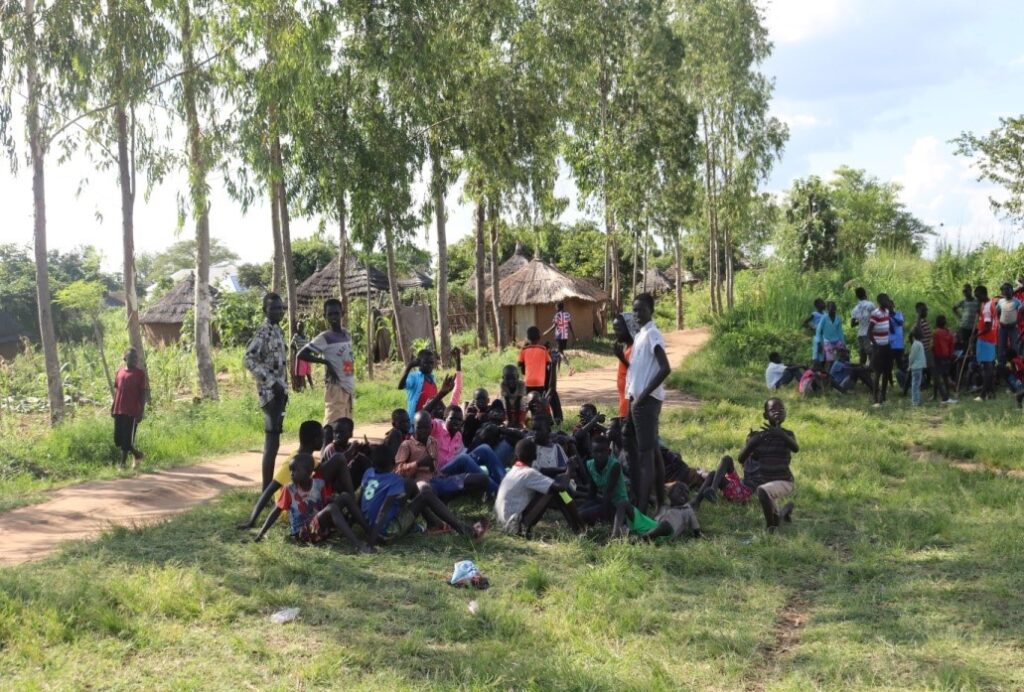
Children in Olua Refugee Settlement, Adjumani District: Credits: Andrew Masaba 16/09/2020
Admittedly, the care for children in a humanitarian context during a public health crisis like COVID-19 is no less complicated. This is so, especially because policy and programming in such situations often leave very little space for engaging with children –again for their own safety. Hence, there is always a tendency for adults to ‘think, prescribe and do for children.’ In the view of one of the opinion leaders in Nyumanzi, “elderly people and children are the ones at a high risk,” yet they are often excluded from contributing to the policies and programmes meant to benefit them. Moreover, the most common thinking has been that parents and child protection enforcers, including frontline humanitarian actors know and can articulate the children’s interests best. Even though this is sometimes true, we should not forget that because they are not children, adults may be incapable of making age-appropriate choices and decisions for kids. Furthermore, while children are out playing, adults are often preoccupied with the responsibilities of finding food and keeping a roof over their heads. Rarely will they be bothered that their kids are out there, in the field, running after a ball despite the risks of infection.
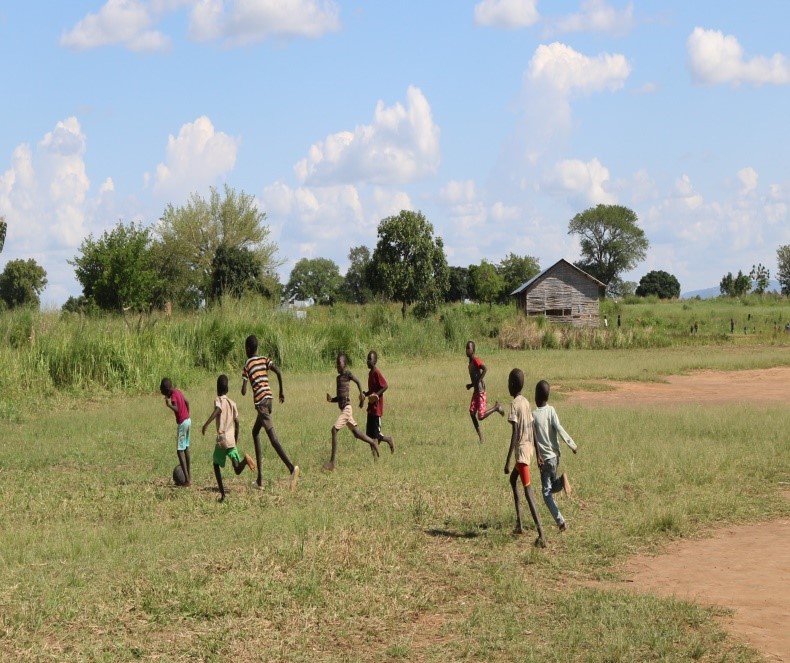
Kids Playing Football in Olua Refugee Settlement, Adjumani District: 16/09/2020. By Andrew Masaba, REFLECT.
Thus, the COVID-19 situation presents us with the opportunity for meaningfully engaging children and other vulnerable sub-groups in contributing to policies and programmes that shape their lives. Hence, the onus is on us to rethink – even deconstruct concepts, systems, norms or practices and adapt to these new demands of our times – reflected in the various coping strategies we are being compelled by a capricious public health crisis to embrace. As the shocks from the pandemic continue to influence our choices, we ought to recognise just how quickly age, loneliness, idleness, stress and other social disparities or insecurities could hone the contours of societal vulnerabilities. These are the thoughts that preoccupied me during my time in the field and I could not easily shake them off. I thus, left the Adjumani wondering what non-prescriptive and child-centred policy making and programming for humanitarian responses would look like if children were cautiously involved. Going forward, the time is upon us to create space for engaging children in finding solutions that work for them.
About the Author
Dr. Betty J. Okot is a Co- Investigator on the REFLECT project. Her research interests spans various fields, including: literary and cultural studies, education in emergencies, land relations, social development, women’s rights and refugee studies. Reach her on: bettyokt12@gmail.com
